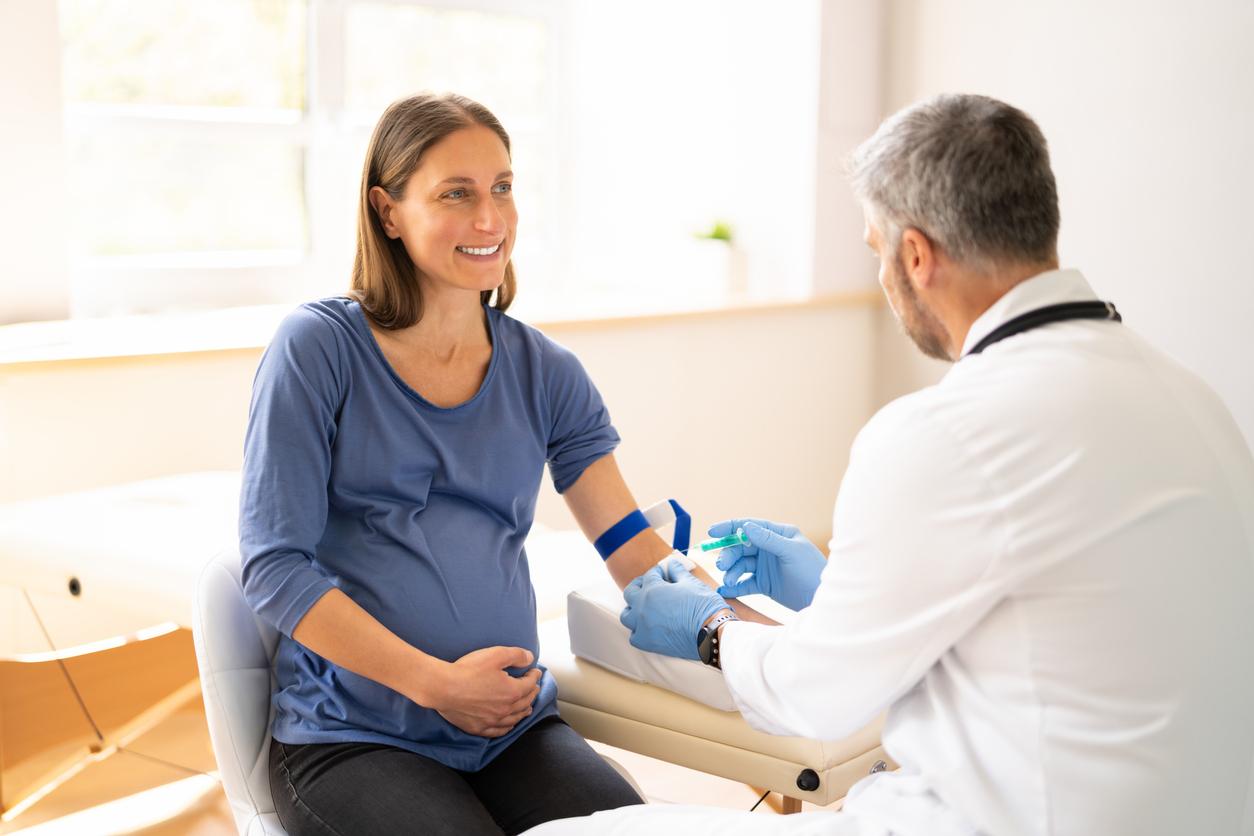Updated USPSTF guidelines conclude net benefit of low-dose aspirin for pregnancy in women at high and moderate risk for pre-eclampsia.

- Pre-eclampsia is the second leading cause of maternal death
- The use of low-dose aspirin could reduce the risk by 15%
Multisystemic inflammatory syndrome, often progressive and whose etiology is poorly understood, pre-eclampsia is the second cause of maternal morbidity and mortality worldwide. It concerns 4% of pregnancies in the United States and is the cause of 20% of induced prematurities.
The US Preventive Services Task Force (USPSTF) has updated its recommendations: in women at risk, i.e. with at least one of the risk factors validated risk, the use of low-dose aspirin would reduce the risk of pre-eclampsia by 15% and the perinatal risk by a fifth.
An analysis of 34 clinical trials
The US Preventive Services Task Force (USPSTF) has just updated its recommendations, the previous version of which dated back to 2014.
Based on 18 clinical trials that looked at the maternal and fetal risks associated with pre-eclampsia and 16 randomized clinical trials that evaluated, compared to a placebo, aspirin in the prevention of PE and its complications, the experts confirm the place of low-dose aspirin in women at high risk of pre-eclampsia and presenting no contraindication to aspirin.
Risk factors identified
The recommendations, published in JAMAspecify the major risk factors for pre-eclampsia: history of pre-eclampsia, multiple pregnancy, chronic arterial hypertension, type 1 or 2 pregestational diabetes, kidney disease, autoimmune disease.
Thus, pregnant women who have at least one of these risk factors should receive aspirin as soon as the term of pregnancy exceeds 12 weeks.
Combination of moderate risk factors
But prevention with low-dose aspirin can also be discussed in pregnant women who have several moderate risk factors for pre-eclampsia: primipara, family history of PE and personal such as low weight for gestational age, obesity, in vitro fertilization, low socio-economic level which may limit access to care.
On the other hand, the experts believe that the score scales developed in recent years, based on clinical and biological parameters and Doppler measurements of the uterine arteries, are not sufficiently validated.
20% reduction in the risk of prematurity
In the trials analyzed, the use of low-dose aspirin in women at risk reduced the risk of premature birth by 20%, the risk of fetal growth restriction by 18%, and perinatal mortality by 21%.
The risk of pre-eclampsia was reduced by 15%. The impact of treatment on maternal mortality could not be properly assessed due to the low number of events.
In the editorial which accompanies the publication of these recommendations, Jimmy Espinoza recalls that pre-eclampsia is associated with an increased subsequent cardiovascular risk in women, without it being known whether this is a consequence of pre-eclampsia or a common predisposing factor.
.

















